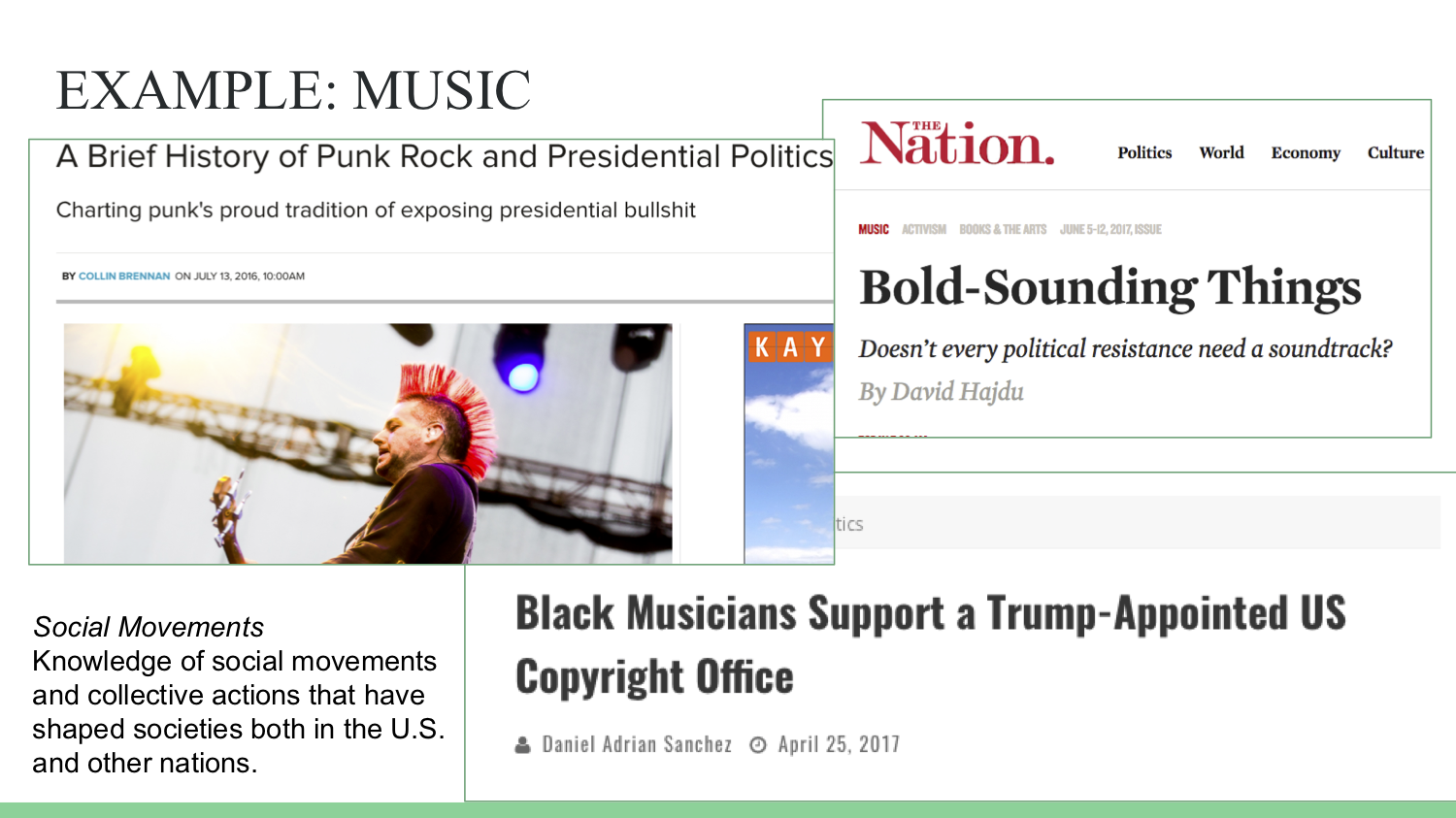Political discussion and debate are core practices for achieving this purpose. In her book, “The Political Classroom: Evidence and Ethics in Democratic Education,” Diana Hess said,
Democratic education without controversial issues discussion would be like a forest without trees or fish without water, or symphony without sound. Why? Because controversy about the nature of the public good and how to achieve it, along with how to mediate among competing democratic values, are intrinsic to democracy. If there is no controversy, there is no democracy.
How can educators make use of the Ten Questions Framework to facilitate fruitful discussion? Danielle Leek, a former president of the National Debate Tournament, shares three of her strategies:
Enacting History
Role-playing doesn't have to be the province of ancient history. Perspective taking can occur by asking students to take on roles associated with more recent civic events.
- Choose a recent a civic issue related to your class. For example: students in health fields (such as nursing, public health, etc.) can be asked to explore the recent debate in Massachusetts over Safe Needle Clinics.
- Assign each student a "perspective" (I do this randomly by drawing from a hat). Perspectives may include: a health care worker at a local hospital, a journalist, a former drug user, a family member of a drug user, etc.
- Ask the students to prepare a 10 minute "skit" that highlights all the perspectives involved. Use the Ten Questions as a post-activity assignment where students think about the answers from their own perspective, and the perspective of their assigned role.
Policy Debate
- Assign students to one or more sides of a "resolution" related to your course (for example, "Resolved: The State of Massachusetts should prohibit new highrises in the Seaport District").
- Students should debate the topic, then design campaigns to support a position on the topic. Use the Ten Questions as a guide for each step in the process.
Comparing History
- Choose a civic issue relevant to your course. For example, in a music course, we discussed the 1800s debate in New England over the use of bands as part of presidential campaigns, which was very controversial at that time. Some citizens wanted the musicians banned because it took away from the "substance" of the campaign, etc.
- Consider the Ten Questions from this context. Now, highlight a more recent example—for instance, the current relationships between musicians and politics. Now have students consider the Ten Questions again and have them think about how civic agency has changed. (I use this same assignment and example in a political communication course.)


